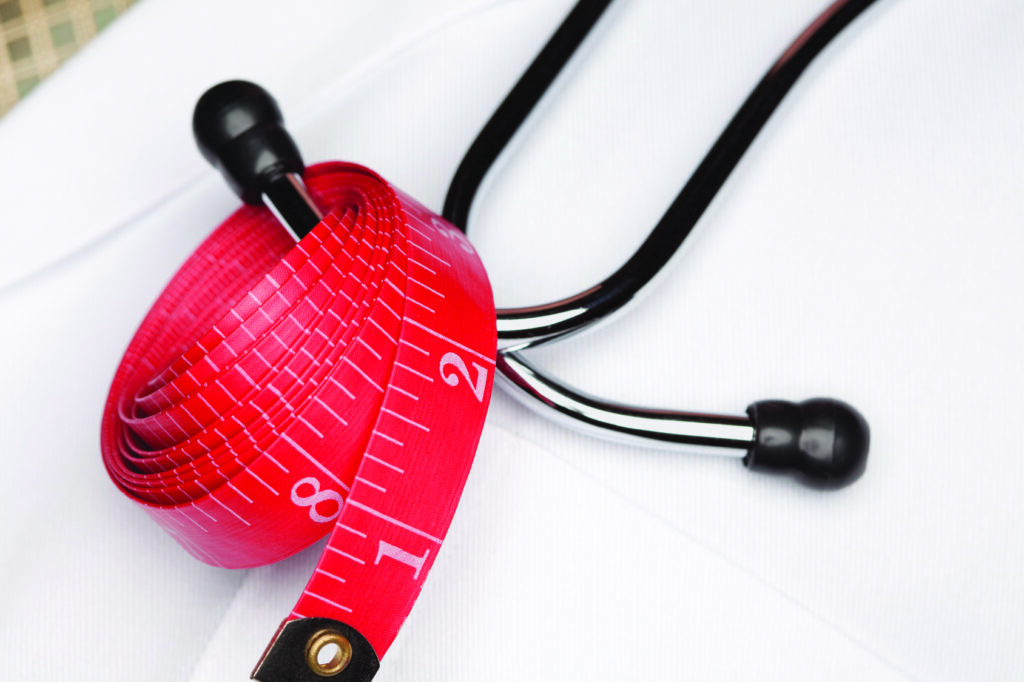The importance of discussing your Body Mass Index with your physician
Since 2003, Polk Vision has been bringing together community partners to work toward Polk County’s collective vision. Going a step further, several Polk Vision members are working towards reducing the obesity rate in our communities with our Building a Healthier Polk Initiative. Of course, we care about the community as a whole, but we also care about each and every individual—and making sure those individuals are as healthy as possible.
As part of our strategy, we gathered data about the number of primary physicians who record and educate their patients about Body Mass Index (BMI). Our goal is to increase the number of physicians recording BMI by 10 percent, and part of reaching that goal is educating residents about how and why they should track their BMI with their doctor.
BMI takes into account a person’s weight and height, and it can be a strong indicator of obesity. It’s an important step in the overall goal of limiting obesity because it informs patients who might not have realized they fit into that category. It’s also an inexpensive way to assess body fat, and the results usually correlate with the more intense tests.
According to the Agency for Healthcare Research and Quality (AHRQ), adults gain an average of 1.3 to 2.2 pounds a year. This slow gain can lead to obesity over time without the person even realizing. The AHRQ also estimated that the frequency of overweight and obesity BMIs in adults was 68 percent from 2007 to 2008 in the United States.
Our aim is to limit that within Polk County. We want our community’s residents to be informed and educated on BMI and obesity. Once your BMI is established, your doctor can perform further tests to determine your exact fat measurement, or he or she can give advice on eating healthy foods and exercising. Your physician can also suggest tests, like a blood test, to measure the toll excess weight might be taking on your body. Routine physicals are also important in judging your health on the whole.
Overall, having your physician monitor your BMI regularly will provide you with a clearer picture of your health and give you an idea of where you’re health is headed for the long-term. It can also give you a jumpstart on weight gain before it snowballs into obesity.
For more information on the Building a Healthier Polk Initiative, visit us online at www.polkvision.com/building-a-healthier-polk/. You can also find us on Twitter at @HealthierPolk and on Facebook.
CREDITS
story by PATRICIA STRICKLAND, Clark & Daughtrey
